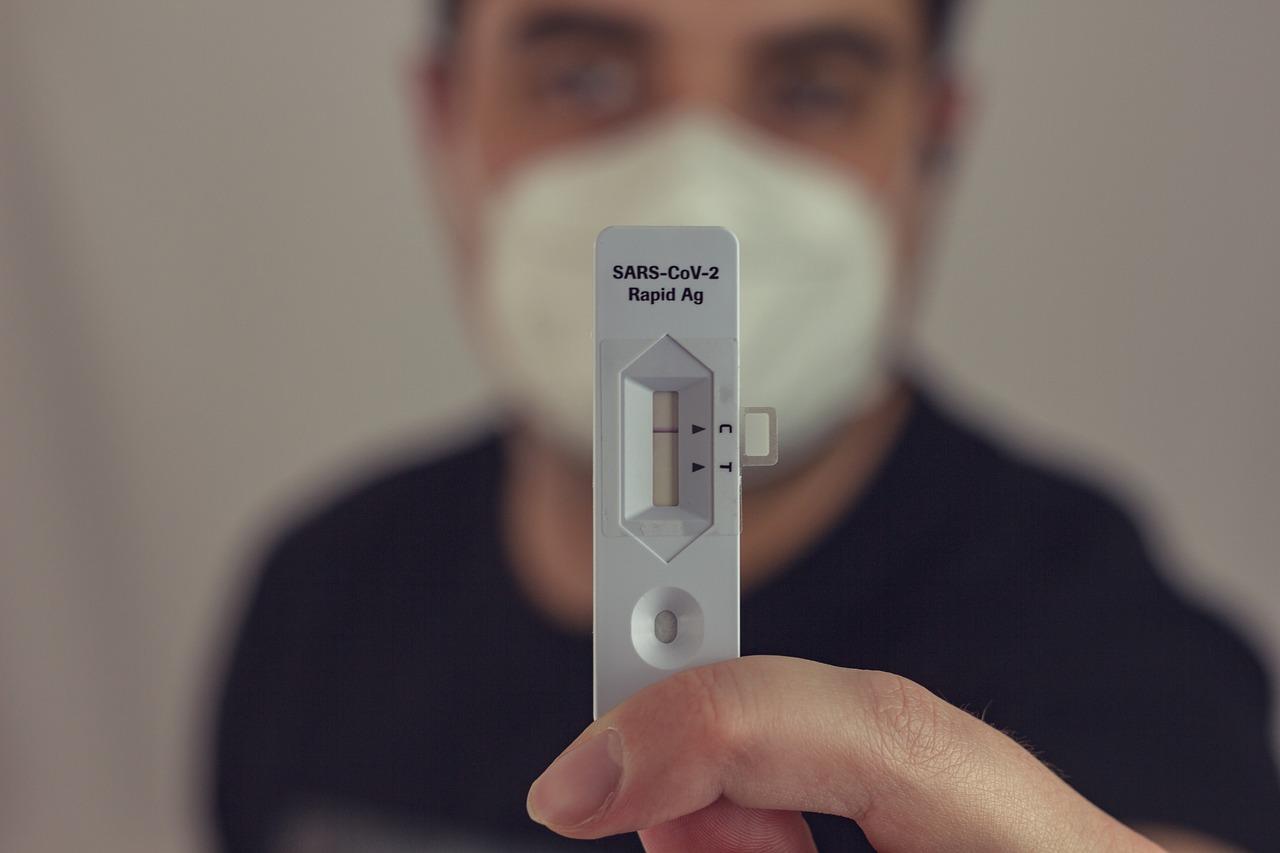Preventive self-test no longer necessary

Although highly transmissible, the omicron variant of the coronavirus is less virulent, so fewer people are ending up in hospital. The Dutch government has therefore announced further relaxations.
Some things remain the same, however. If you do have symptoms, stay at home and take a self-test. If you're confirmed to have Covid-19, then you must remain in isolation for at least five days. You may only go outside again 24 hours after the symptoms disappear.
Other recommendations
Other recommendations relate to things such as fresh air, sneezing into your elbow, and vaccination. It is also still advisable to wear a face mask in busy places – but that is up to you to decide.
The government will continue to provide self-tests free of charge for the education sector, for the use of students and staff if they have symptoms. “In principle, this is valid until June 1”, Health Minister Ernst Kuipers writes.
But preventive self-testing is no longer needed – insofar as students and staff were still doing so. In November, it emerged that only three in ten students and six in ten staff members ordered self-tests.
The recommendation to work from home also lapses with immediate effect. The government hopes, however, that employers will put agreements in place “to encourage hybrid working on a permanent basis”. To that end, the government asks for “extra attention to be given to employees who are concerned about their health”.
March 23
More relaxations will take effect in a week’s time. As of Wednesday, March 23, you will no longer have to wear a face mask on public transport and the mandatory testing as a precondition for admission to large events and nightclubs will be scrapped.